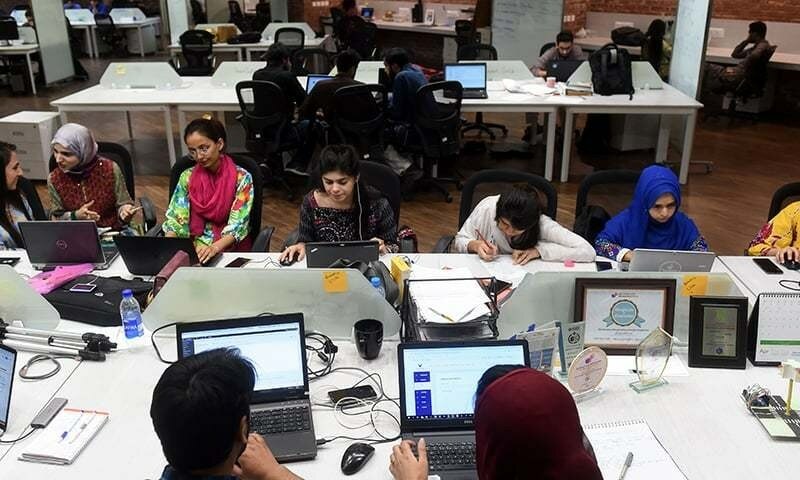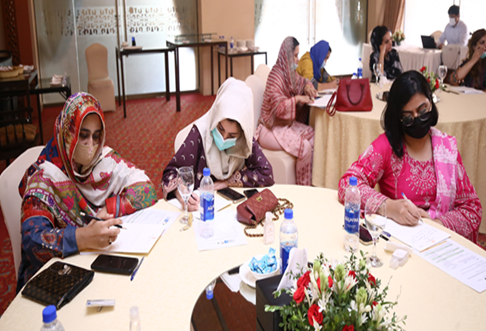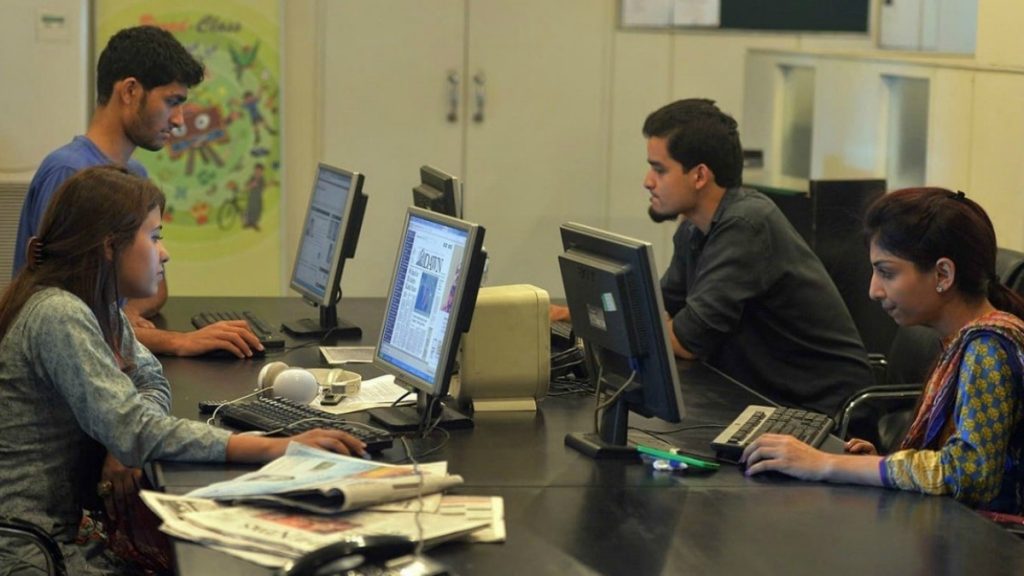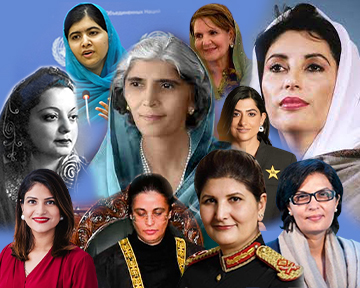Table of Contents
Introduction:
Women in the Pakistan Corporate World: Breaking Barriers and Achieving Success” refers to the growing presence and success of women in Pakistan’s corporate sector. Historically, women in Pakistan have faced barriers to accessing education, employment opportunities, and equal treatment in the workplace. Now women have been overcoming these obstacles and succeeding in the corporate sphere. When women have equal access to education and employment opportunities, they can contribute their skills and knowledge to the workforce, leading to further innovation and growth.
Increasing Presence of Women in the Corporate Sector:

However, in recent years, women have been breaking through these barriers and achieving success in the corporate world. These women are challenging stereotypes and traditional gender roles, and are paving the way for future generations of women to follow in their footsteps. They are proving that gender does not determine one’s ability to succeed in the business world and that women can be just as capable and successful as men.
This change toward gender equality in the workplace is important not only for individual women but also for the overall economic growth and development of Pakistan. Furthermore, the growing presence and success of women in Pakistan’s corporate world is an encouraging trend that is breaking down barriers and paving the way for greater gender equality in the country.
Breaking Stereotypes and Gender Roles:

In recent times, Women in Pakistan have been breaking down these barriers to succeed in the corporate world. Now women are challenging stereotypes and traditional gender roles. Pakistani women are working in various important positions in the corporate sector. Women are working side by side with men Educated women are assuming key positions and occupations in several national and multinational organizations including newspaper agencies, magazines, schools, advertising agencies, marketers, event planners, scientists, educators, writers, engineers, army officers, cricketers, hockey players, pilots, doctors, musicians, etc.
Women in Pakistan are also having a passion for entrepreneurship, taking over their family businesses, and show a competitive spirit. Some women work in various fields of education and some who cannot go out and work due to family responsibilities, now working from home while promoting their businesses through social media.
Changing Attitudes and Perceptions towards Women in the Workplace:
The attitude of male co-workers towards women is sometimes really humiliating and biased. Working men are generally given unfair benefits over working women. In this male-dominated society, men are viewed as being harder workers, smarter, and better employees than women. It is assumed that women are hired only to add color to the office environment. Lack of social support in the workplace from colleagues and supervisors leads to absenteeism, low turnover and job dissatisfaction. This gender inequality increases stress levels and job dissatisfaction and also reduces motivation to work and commitment towards work.
Importance of Gender Equality in the Workplace:

Gender equality in the workplace aims to achieve broadly equal opportunities and outcomes for women and men. It will be achieved when men and women are able to access and enjoy equal rewards, resources, and opportunities regardless of gender. Gender Equality in the Workplace not only improves national productivity and economic growth but also increased organizational performance. It also enhances companies’ ability to attract talent and retain employees and organizational reputation.
Gender equality can make our communities safer and healthier as unequal societies tend to be less harmonious. They have a high rate of anti-social behavior and violence, so countries with more gender equality are more connected and their people are healthy and their health is better.
Women’s Contributions to Economic Growth and Development:

The business world is now witnessing an era of successful and courageous businesswomen. All over the world, women not only play their role in educating the country but also play an important role in the economic growth and development of a country. Women participating in the workforce can lead to better economic decision-making processes, which ultimately lead to sustainable economies and benefit society at large. Said that a nation with a shaky economy can rise only when women and men work together.
Challenges Faced by Women in the Corporate Sector:

Empowering women is essential to sustainable growth, but women still encounter numerous obstacles in order to contribute to and profit from growth, despite these known rewards.
Domestic Restrictions:
Most families in Pakistan are not allowed women to get higher education and do pay jobs under certain restrictions. A greater percentage of working women can be seen as health workers, educators, clerks or any other low-paying job that is not favored by men due to lack of advancement opportunities and low pay.
Harassment in the workplace:
Harassment is another major problem faced by working women, as they are considered easy targets by male colleagues. Male colleagues and higher management harass them by passing inappropriate remarks or making fun of them or in extreme cases they harass them sexually.
Gender Discrimination:
Usually, working men enjoy special benefits over working women. Men are seen as harder-working, smarter and better employees than women in this highly male-dominated culture. This gender discrimination has resulted in increased stress levels, as has job dissatisfaction.
Lower Pay-scale:
Lower Pay-scale is another main problem faced by women. Women are paid less because employers presumptively assume that they will leave their jobs after getting married or having children. The employer must ensure that both men and women are paid equal wages for equal amounts of work.




